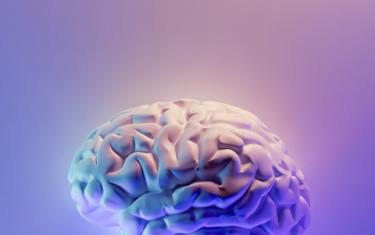
Neuromuscular conditions
This course covers the presentation and prognosis of the more common neuromuscular diseases.
Assessing decision-making capacity: the clinical basics
It is within the scope of practice of all doctors and a number of other health professionals (e.g.
Decision-making capacity: the legal aspects
Learn about the legal process that follows a capacity assessment. This course is part 2 of a 2-part module:
Pharmacology in sports medicine
There are a variety of medications that are commonly used in a sports medicine setting.
Abusive head trauma in infants and children
Abusive head trauma (AHT) is the leading cause of preventable, traumatic head injury in those under the age of two years.
Sleep and pain
This course will provide an overview of the relationship between sleep and pain.
Chronic Hepatitis C
Equipping you with simple and summarised guidance.
Hepatitis C: Implementing non-prescription supply through Nurses and Pharmacists
For nurses and pharmacists wanting to supply Maviret without prescription.
Palliative care for the non-cancer patient
Non-cancer life limiting diseases are illnesses which are progressive, eventually leading to deterioration that results in death.
Palliative care: metastatic pancreatic cancer
Pancreatic cancer is a major cause of cancer-associated death. It is currently the fourth highest cause of cancer death in developed countries.
Improving Outcomes for Pacific Patients: Soālaupule
Supporting clinicians unfamiliar with Pacific families to provide better health care.
Dog bites: treatment and management
There are many kinds of lacerations and wounds that need attention, with this course focusing on dog bites.
Proteinuria and Haematuria in children
A recommended management pathway for proteinuria and for haematuria in children.
Paediatric urinary tract infections
Specific considerations for paediatric urinary tract infection management differ from UTI management in adults.
